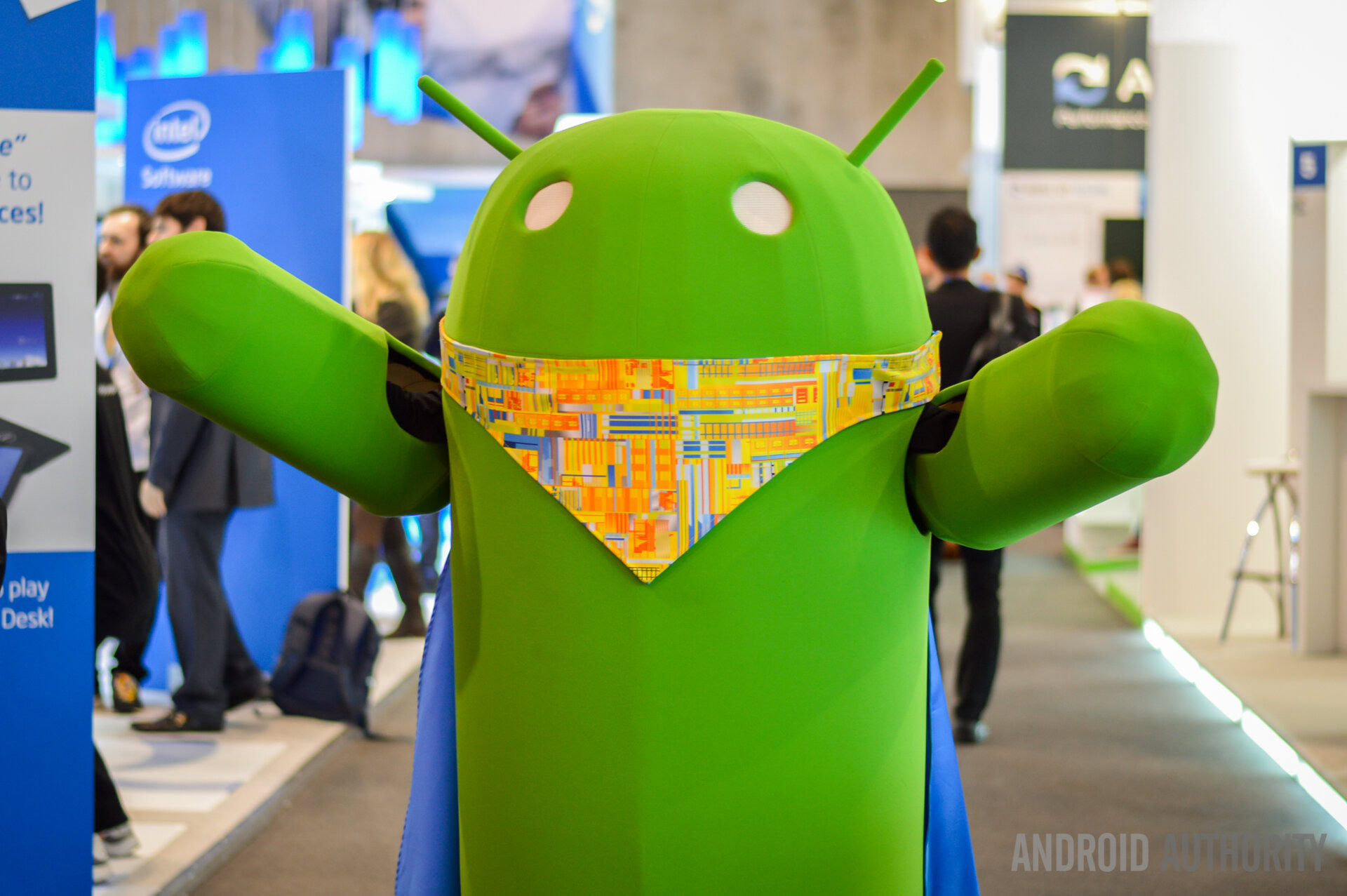Affiliate links on Android Authority may earn us a commission. Learn more.
New data shows Android's market share is on the rise globally

Android is on the rise. In Western Europe specifically, where the world’s most popular mobile platform has enjoyed its strongest growth in over two years. According to new data from Kantar Worldpanel ComTech for the quarter ending March 2016, Android’s market share in the EU5 (UK, Germany, France, Spain and Italy) grew by 7.1%, while in the U.S. it grew by 7.3%.
But growth rates mean nothing without an overall market percentage. In the EU5 Android now holds 75.6% of the market while in the U.S. it represents 65.5% against a strong iOS home audience. In China, where Apple has enjoyed significant gains of late, Android grew by 6% to corner more than 77% of the market. In the same market, iOS declined by 4% compared to the same period a year ago, retaining just 21.2%.
Android’s success globally isn’t restricted to one or two OEMs either, with growth coming from “different brands and ecosystems, varying from region to region,” according to Kantar’s Lauren Guenveur. Meanwhile Apple’s fortunes in the mobile space weren’t quite as peachy, with iOS performance in the EU5 declining from 20.2% to 18.9% in the first quarter of 2016. Windows Phone dropped 5% to sit at 4.9% market share.
The favored OEMs in the EU5 were a disparate bunch too, with Samsung pushing growth in the UK compared with HUAWEI, Wiko and ASUS in Italy and France. Meanwhile, Android’s gains in the US came from increased sales by the likes of Samsung, Motorola, and LG. “Motorola experienced higher sales, particularly with Verizon, and grew to 9.8% of the smartphone market, up from 6.9% a year previously.”
[related_videos title=”FLAGSHIP REVIEWS:” align=”center” type=”custom” videos=”679646,684693,686764,688453″]
But it’s important to note that not all current smartphones were included in these figures. “In EU5, share growth from the Samsung Galaxy S7 – expected to be one of the most popular phones of the year – has not yet occurred,” Guenveur noted. “As the impact of the S7 materializes, it may change the nature and path of the Android market.”
What are your thoughts on this latest data? Did you expect Android’s growth to be so solid across the board?